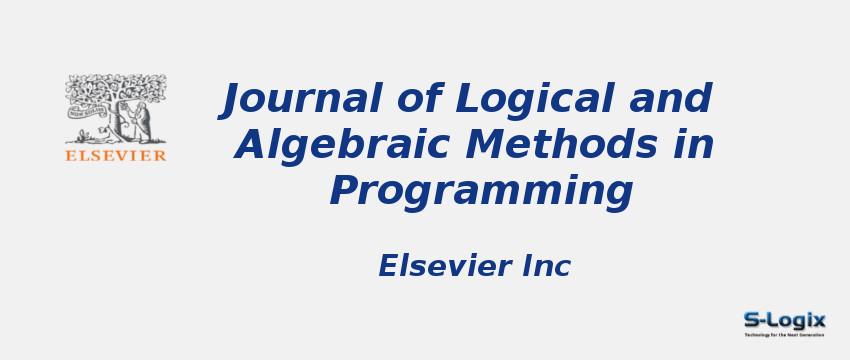Journal Home: Journal Homepage
Editor-in-Chief: Rocco De Nicola
Print ISSN: 2352-2216
Electronic ISSN: 2352-2208
Abstracting and Indexing: Science Citation Index Expanded, Scopus.
Imapct Factor 2024: 1.2
Subject Area and Category: Humanities and Social Sciences in General, Political Science and Public Administration, Sociology.
Publication Frequency: Bimonthly
H Index: 23
Q1:
Q2: Computational Theory and Mathematics
Q3:
Q4:
Cite Score: 2.8
SNIP: 0.904
Journal Rank(SJR): 0.442
Guidelines for Authors: Journal of Logical and Algebraic Methods in Programming Author Guidelines
Paper Submissions: Paper Submissions in Journal of Logical and Algebraic Methods in Programming
Publisher: Elsevier
Country: USA
